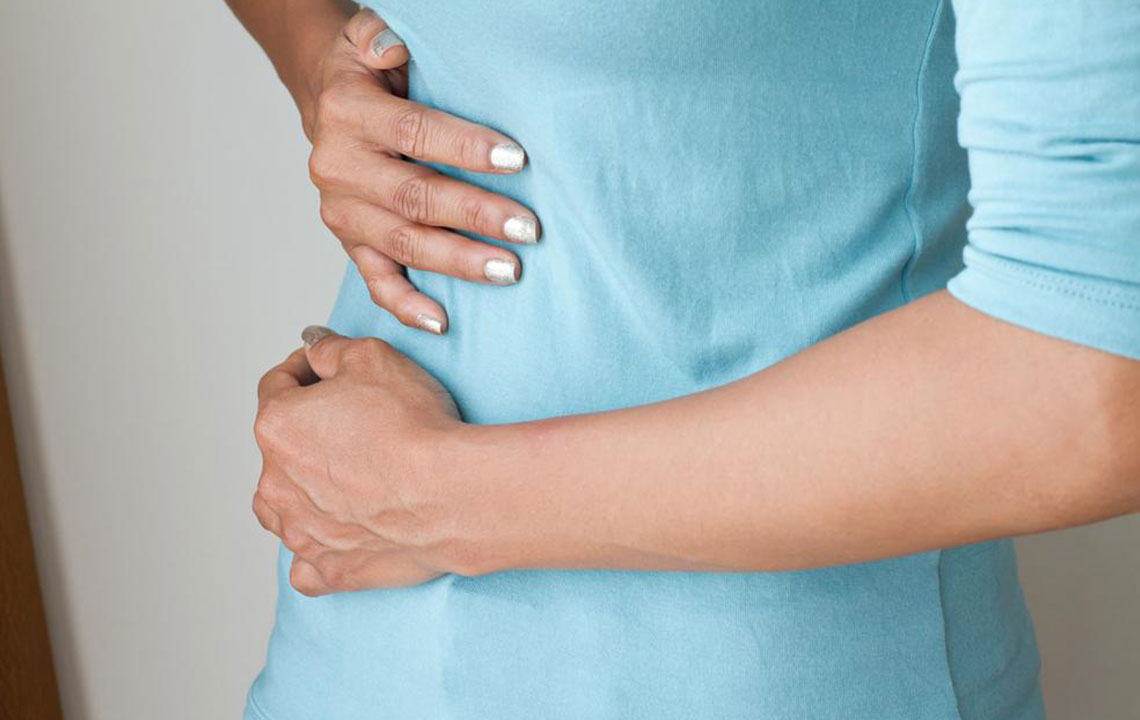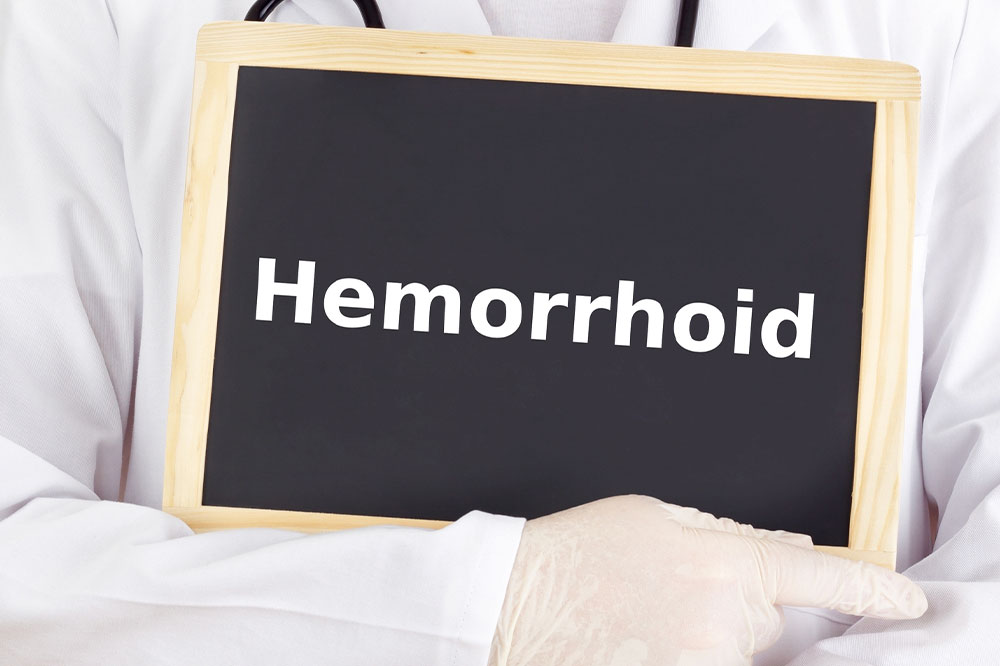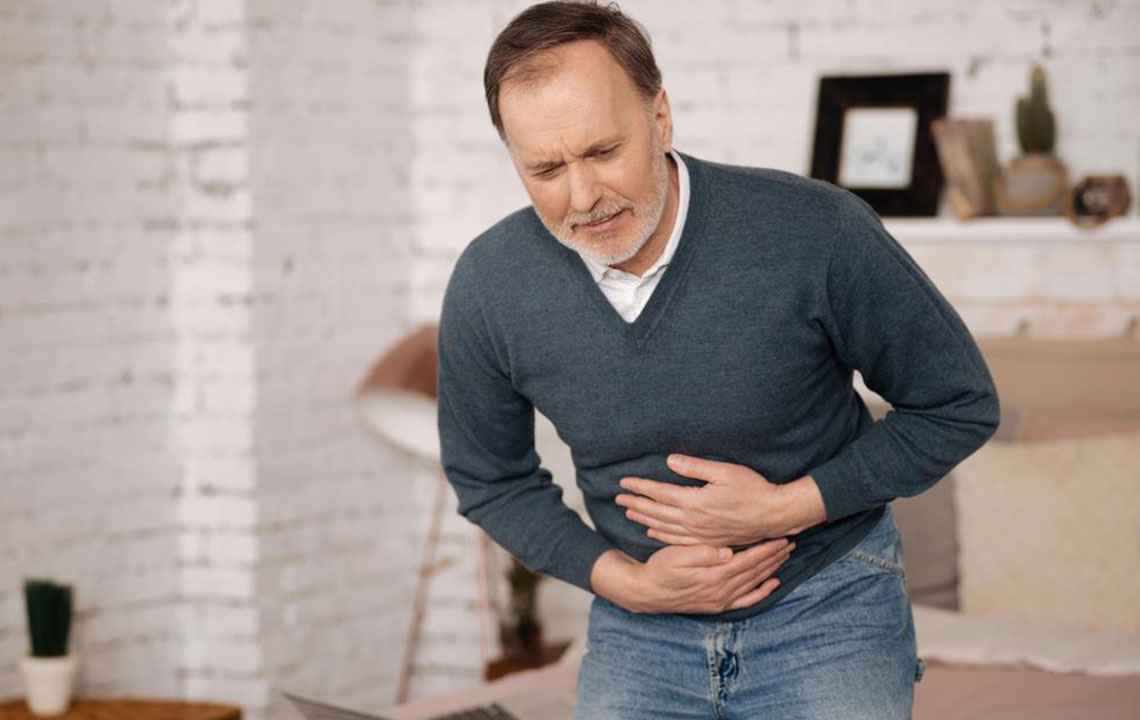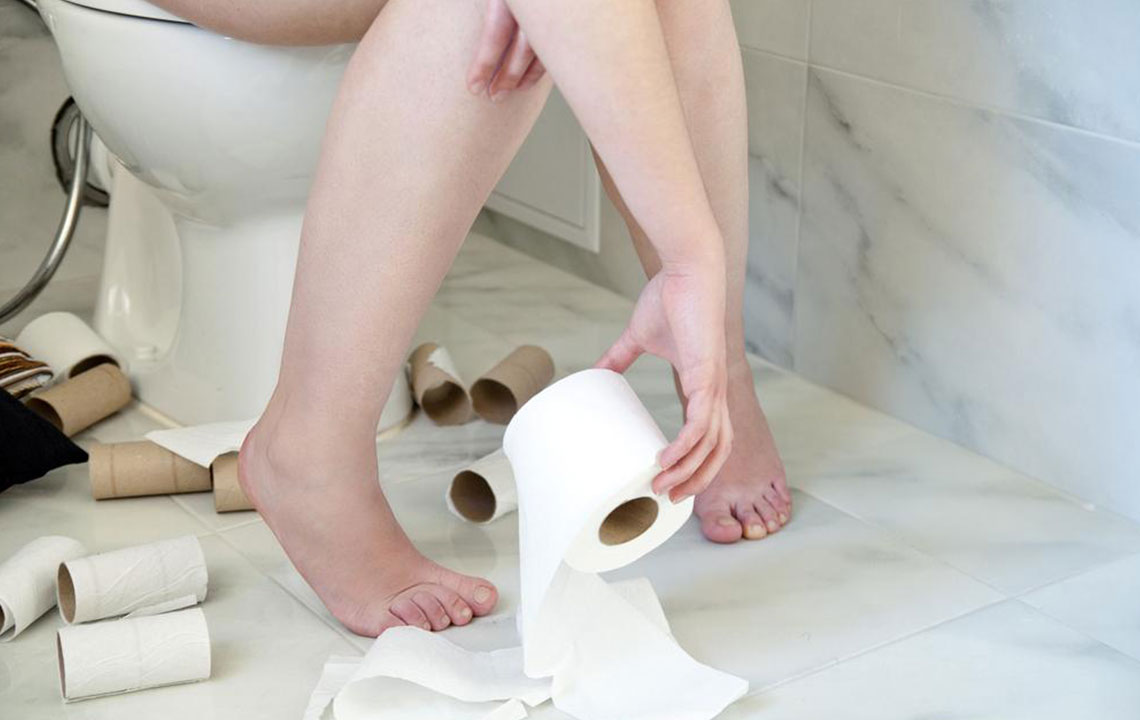Comprehensive Guide to Hemorrhoids: Causes, Symptoms, and Effective Prevention Techniques
Hemorrhoids are swollen blood vessels around the anus or rectum, common among adults. This comprehensive guide covers causes, symptoms, and effective prevention strategies. Learn how lifestyle changes, diet, and medical treatments can help manage and prevent hemorrhoids. Recognizing early signs and seeking timely medical help are crucial for effective treatment and relief from discomfort.

Comprehensive Guide to Hemorrhoids: Causes, Symptoms, and Effective Prevention Techniques
Hemorrhoids, widely known as piles, are swollen and inflamed blood vessels situated around the anal area or within the lower rectum. These common medical conditions affect a substantial portion of the population, with studies indicating that approximately 75% of individuals will experience hemorrhoid symptoms at some point in their lives. Despite being highly prevalent, hemorrhoids can often be misunderstood or overlooked, leading to unnecessary discomfort and complications if left untreated.
Understanding the underlying causes, recognizing the symptoms early, and adopting practical prevention strategies are essential steps toward managing and reducing the risk of hemorrhoids. This detailed guide aims to provide comprehensive insights into the various aspects of hemorrhoids, including their causes, types, symptoms, treatment options, and effective preventative measures to promote better rectal health.
What Are Hemorrhoids?
Hemorrhoids are swollen blood vessels that develop in the anal and rectal region. They can be categorized into two main types: internal and external hemorrhoids. Internal hemorrhoids occur within the rectum and are often painless, but they may cause bleeding during bowel movements. External hemorrhoids develop outside the anal opening and tend to be more painful, especially when thrombosed or inflamed.
The severity of hemorrhoids varies from mild discomfort to severe pain, bleeding, and even prolapse, where hemorrhoids protrude outside the anal canal. Recognizing the signs and symptoms early can significantly improve management and treatment outcomes.
Causes and Contributing Factors
Several factors contribute to the development of hemorrhoids, many of which are related to increased pressure on the veins in the anal area. Common causes include:
Chronic Constipation and Straining: Persistent difficulty in bowel movements leads to straining, which increases pressure on rectal veins, causing them to swell.
Pregnancy: The growing fetus exerts pressure on pelvic veins, and hormonal changes can also weaken vessel walls, increasing the risk of hemorrhoids.
Heavy Lifting: Frequent lifting of heavy objects can augment abdominal pressure, contributing to hemorrhoid formation.
Prolonged Sitting or Standing: Remaining in the same position for extended periods can impede blood flow, promoting swelling of rectal veins.
Obesity: Excess body weight puts additional strain on pelvic and rectal vessels.
Low-Fiber Diet: A diet lacking in fiber leads to hard stools, necessitating straining during defecation.
Recognizing the Symptoms
Early detection of hemorrhoids involves recognizing common symptoms, which include:
Rectal Bleeding: Bright red blood on toilet paper or in the toilet bowl after bowel movements.
Itching and Irritation: Discomfort or itching around the anal area.
Pain or Discomfort: Throbbing or aching pain, especially during or after bowel movements.
Swelling or Lumps: Feelings of a lump or swelling around the anus.
Prolapse: Internal hemorrhoids may protrude outside the anal opening, causing further discomfort.
Diagnosis and When to Seek Medical Help
Diagnosis involves a physical examination, including visual inspection and digital rectal examination. Sometimes, anoscopy or sigmoidoscopy is required for a definitive assessment. If you experience persistent bleeding, severe pain, or prolapse, consult a healthcare provider promptly for appropriate diagnosis and treatment.
Effective Treatment Options
Hemorrhoid treatment varies based on severity. Mild cases often respond well to conservative measures, while more severe cases may require medical interventions:
Home Remedies: Use of warm sitz baths, applying topical anesthetics or corticosteroids, and maintaining proper hygiene can provide relief.
Dietary Changes: Increasing fiber intake through fruits, vegetables, and whole grains helps soften stools and reduce straining.
Hydration: Drinking plenty of water supports smooth bowel movements.
Medical Procedures: For persistent or severe hemorrhoids, procedures such as rubber band ligation, sclerotherapy, or hemorrhoidectomy might be necessary.
Preventive Measures to Reduce Hemorrhoid Risks
Preventing hemorrhoids is largely achievable through lifestyle modifications and good habits, such as:
Maintaining a High-Fiber Diet: Incorporate fiber-rich foods to promote regular and soft bowel movements.
Staying Hydrated: Adequate water intake keeps stools soft and reduces the need for straining.
Avoid Prolonged Sitting or Standing: Take breaks to move around and improve circulation.
Exercise Regularly: Physical activity enhances bowel function and overall vascular health.
Master Proper Bowel Habits: Don't delay bowel movements and avoid excessive straining.
Manage Obesity: Maintaining a healthy weight reduces pressure on rectal veins.
When to Consult a Healthcare Professional
If symptoms persist beyond a few days, worsen, or are accompanied by severe pain or significant bleeding, it is essential to seek medical attention. Early consultation can prevent complications and lead to more effective treatment. A healthcare provider can recommend appropriate diagnostic procedures and treatment options tailored to your condition.
Conclusion
Hemorrhoids are a common but manageable condition affecting millions worldwide. Through understanding their causes, recognizing symptoms, and adopting preventive strategies, individuals can significantly reduce their risk and improve quality of life. Maintaining good bowel habits, a balanced diet, and an active lifestyle are key components in preventing hemorrhoids. If symptoms do arise, early intervention with appropriate treatment can alleviate discomfort and prevent progression. Remember, consulting a healthcare professional at the first sign of trouble ensures timely and effective care.





